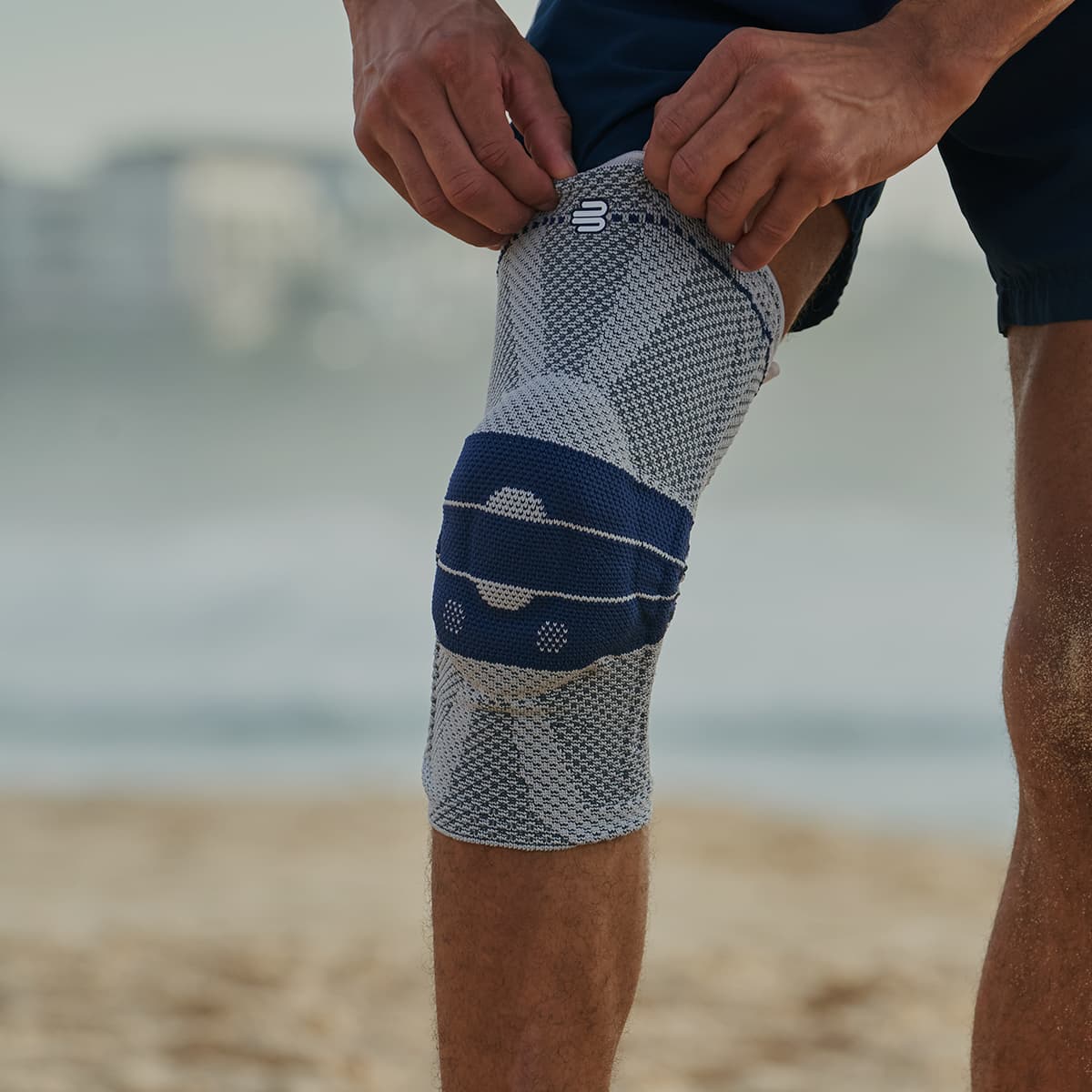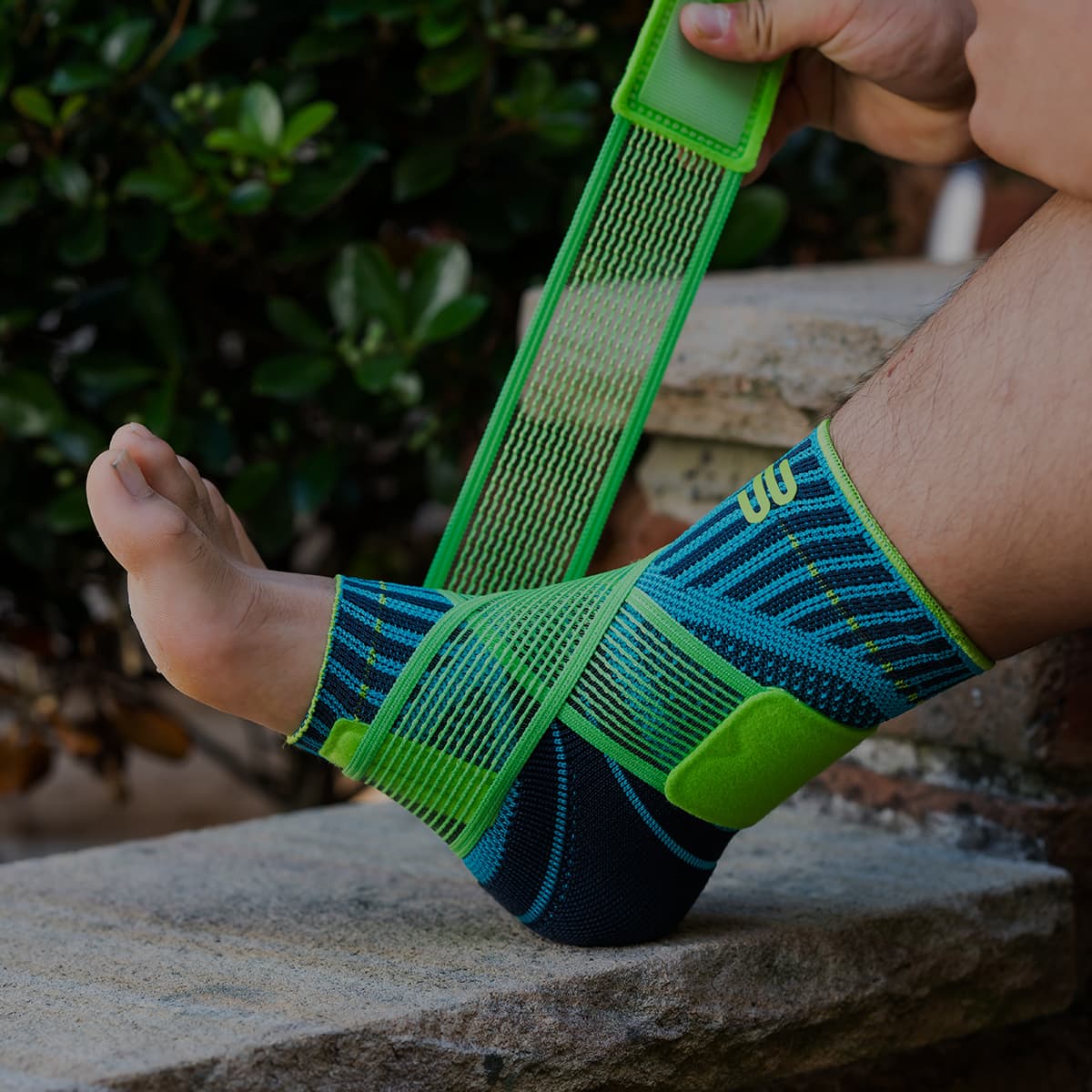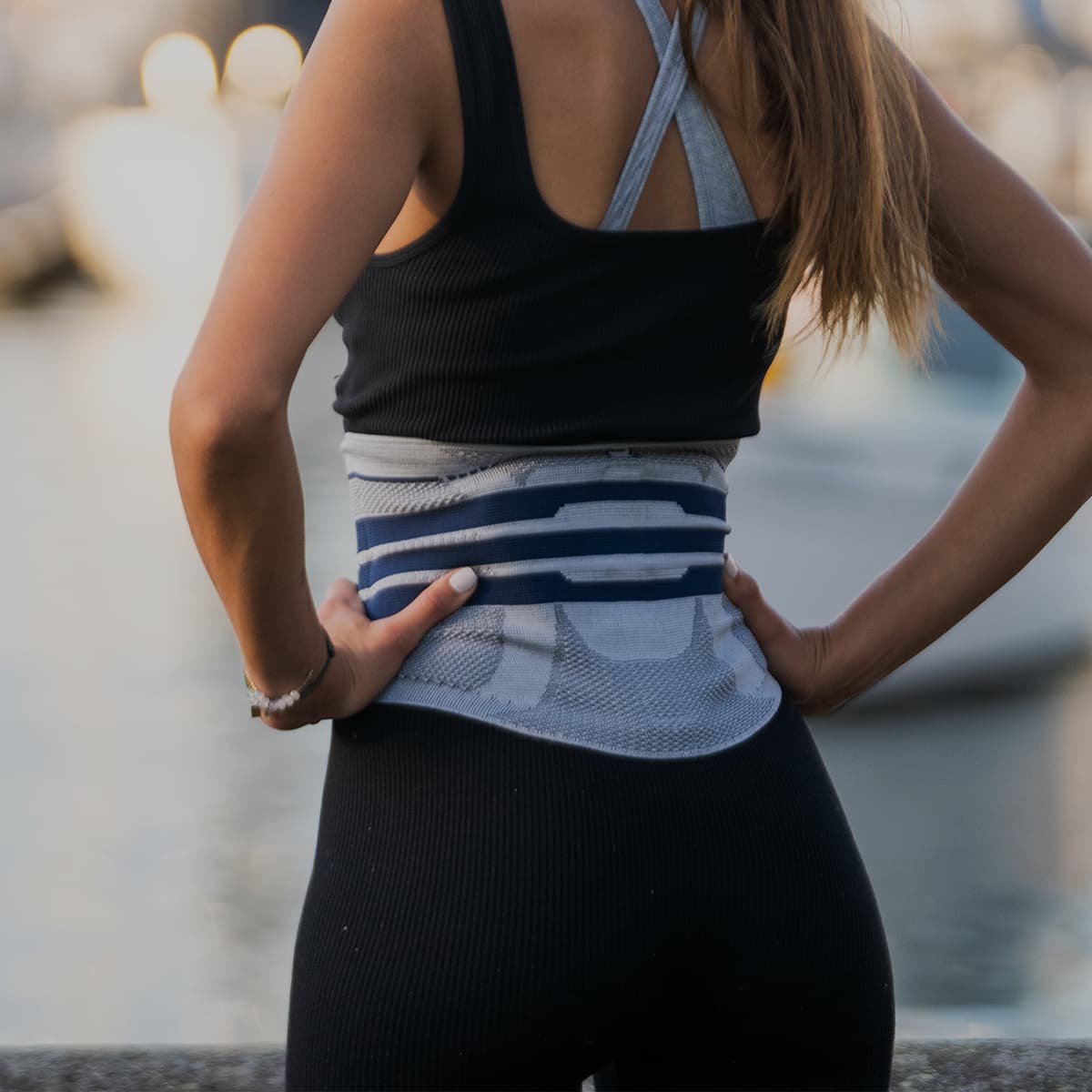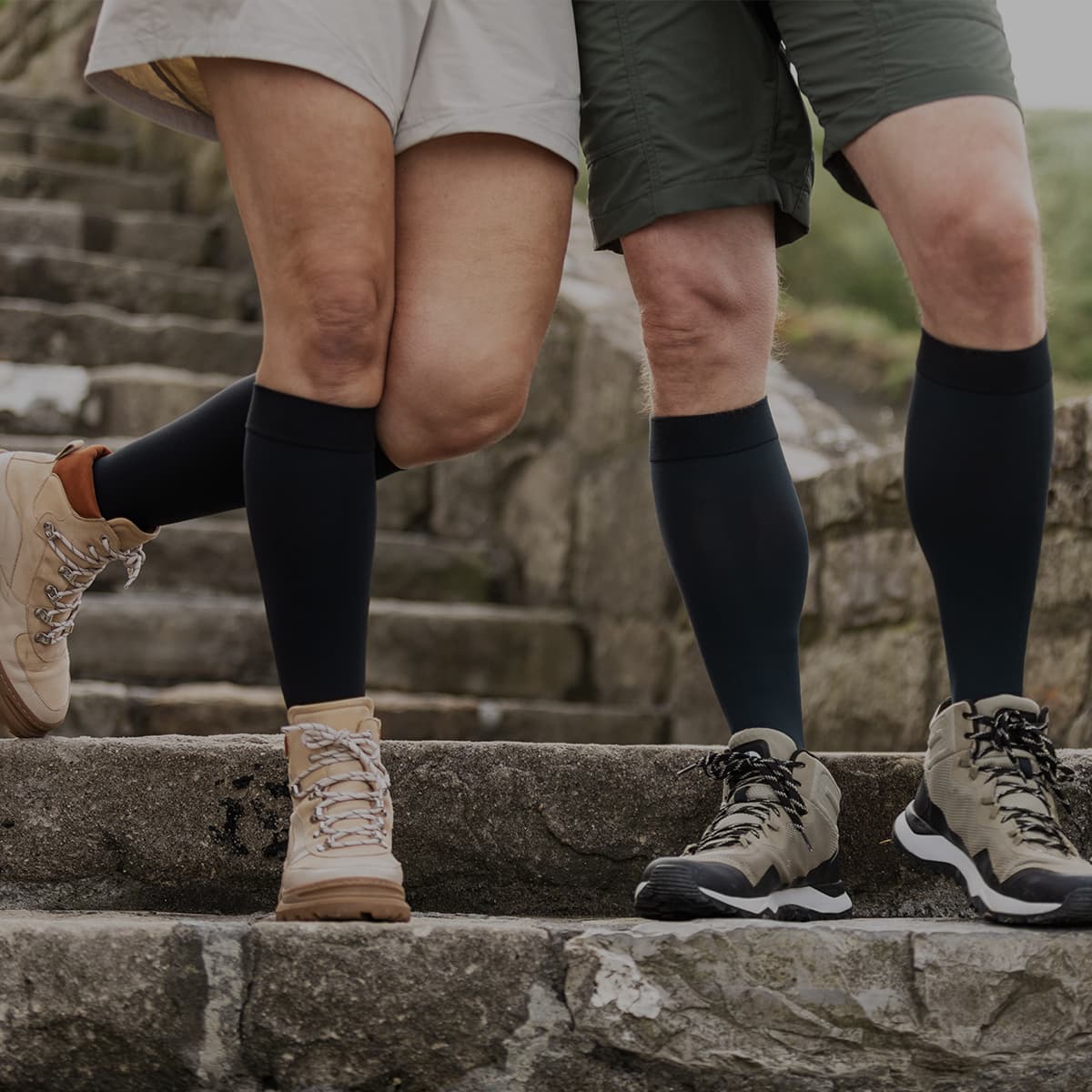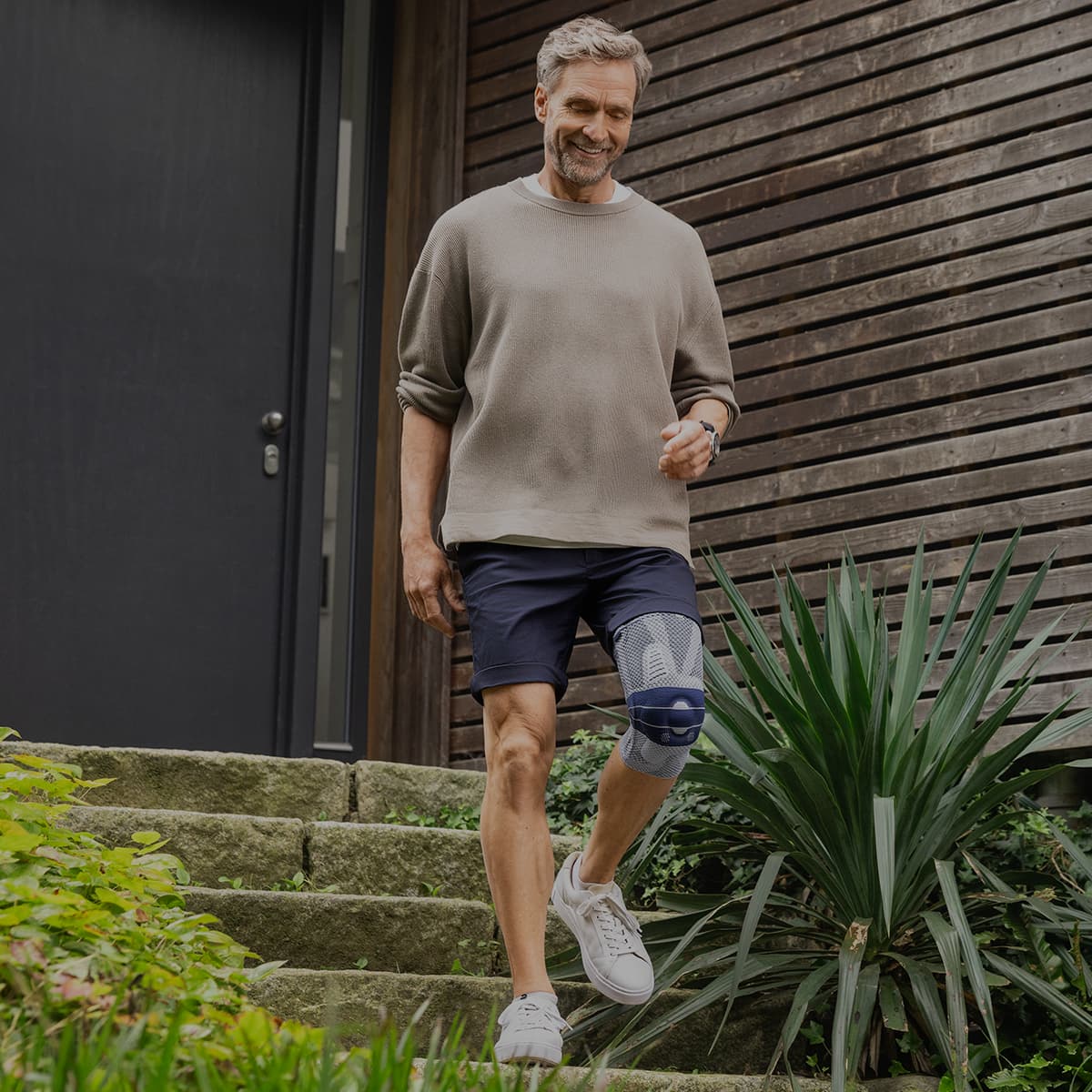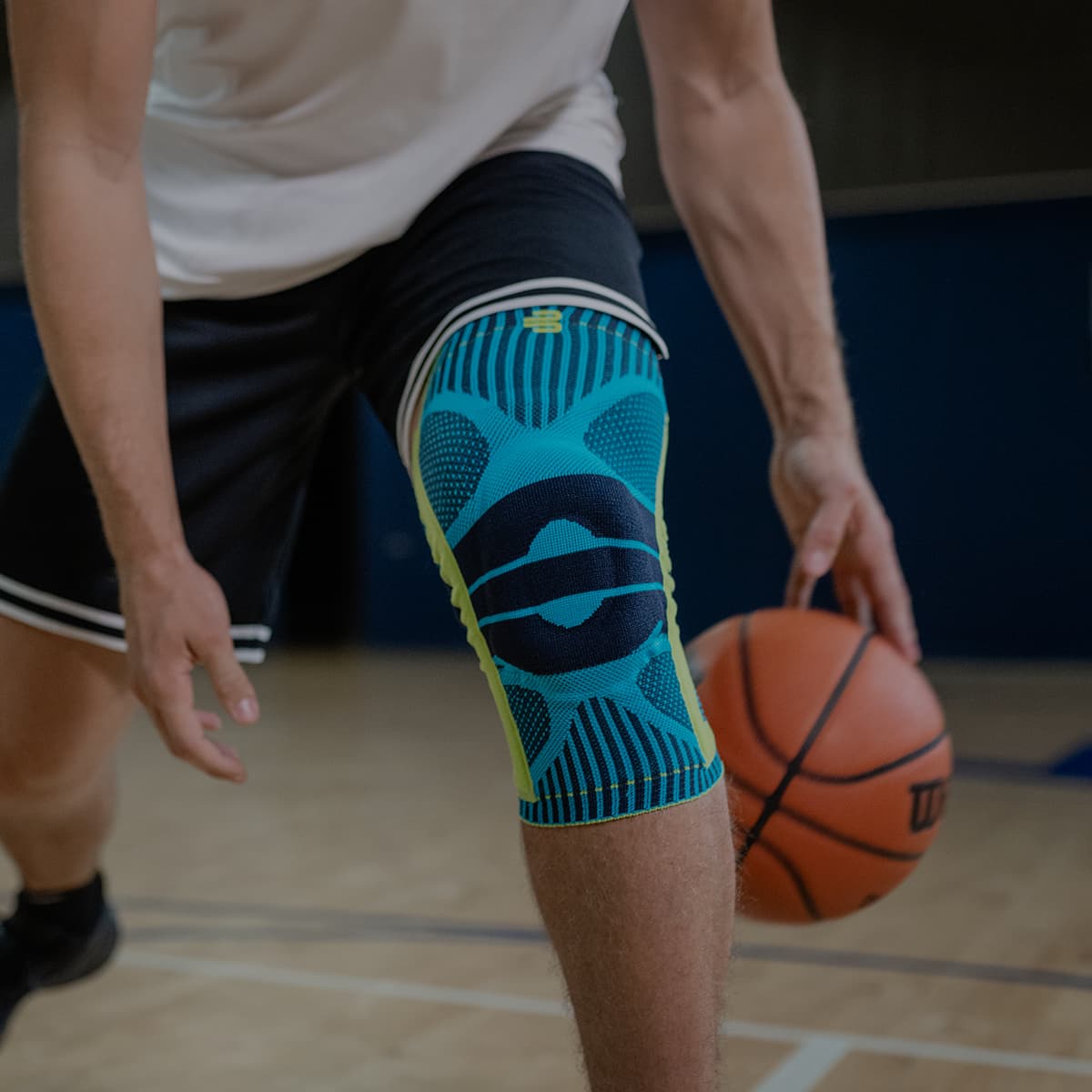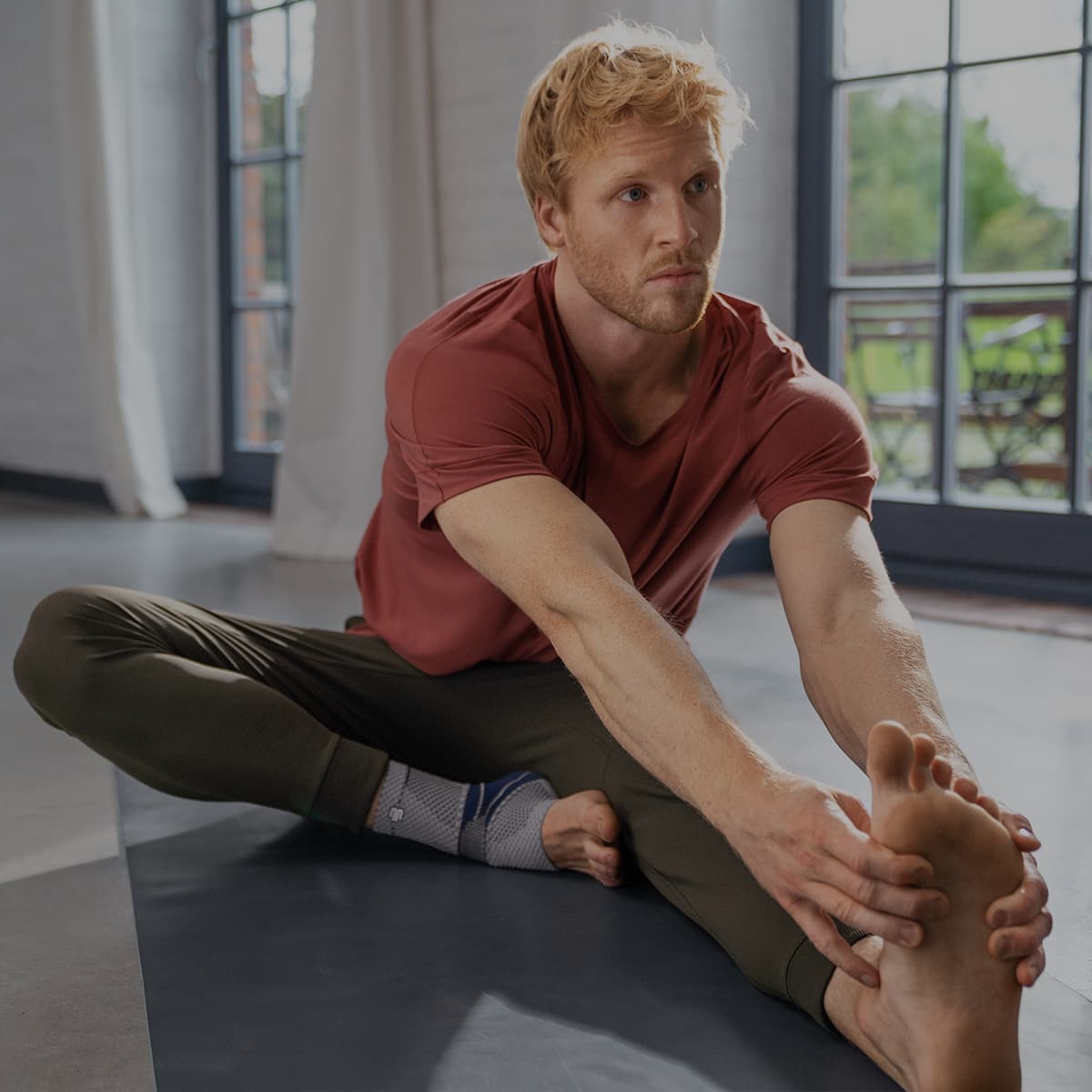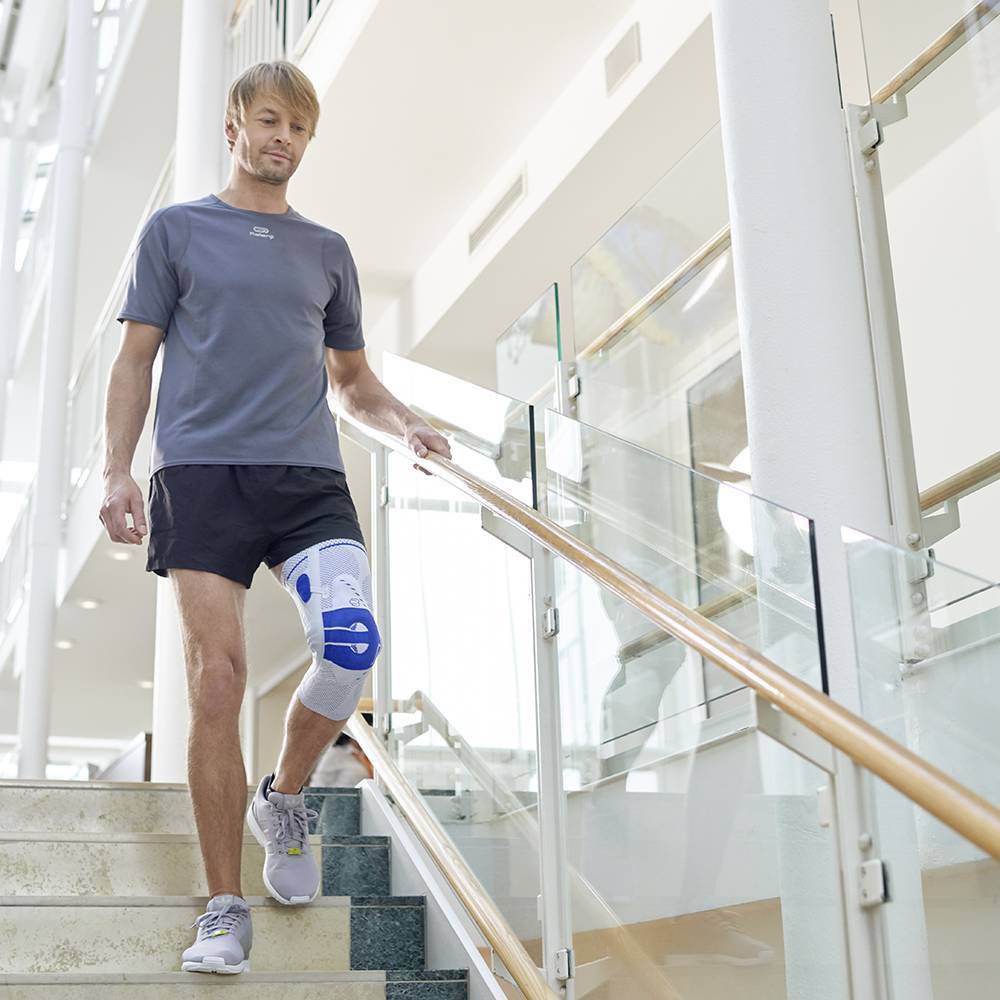Dislocation, torn rotator cuff, fracture or just a really bad sprain. Injuring your shoulder can be very painful and frustrating, especially when it means you have to stop playing sports, exercising and sometimes not being able to work. In today's blog we are looking at surgery, physio or bracing: which is best for shoulder injuries.
Treating a shoulder injury
When the prospect of waiting weeks or months to recover is too daunting to consider, we want to find a quick and effective solution. So what is it?
Depending who you ask, you’ll get a different answer, from suggestions of immediate surgery to resting and wearing a support.
Each and every patient is different, with a different body, injury and lifestyle. Finding the perfect solution for your injury is rarely as simple as just one thing, but often a combination of different treatments tailored to your situation.
Learn more: What are the most common shoulder injuries in sport?
Surgery, physio or bracing: Which is best for shoulder injuries?
Physiotherapy
Shoulder physiotherapy normally involves targeted stretching, strengthening and exercise of the affected area to regain mobility and strength to recover use of the shoulder and promote healing.
Benefits: Low-cost and easy to incorporate into daily life, highly effective with most shoulder issues (especially mild to moderate), good chances of restoring full motion.
Drawbacks: Can be difficult in severe injury or where motion can cause more pain or problems, requires ongoing practice and effort.
Physiotherapy is one of the most effective and important treatments in shoulder injuries, and in virtually every case it should be used in some capacity to treat shoulder injuries. Best for almost all shoulder issues.
Bracing/Supports
Using a brace or support to assist in the recovery of a shoulder injury can be incredibly effective in assisting and speeding up the healing process and is normally done by either partially or fully immobilising the shoulder joint, or by unloading it to reduce strain.
Benefits: Easy to use (once it’s on it’s working), clinically proven to be effective in management of various conditions, allows for normal daily activity, protects the shoulder.
Drawbacks: Can sometimes be difficult finding the right support, can lead to reliance if not exercised, cheaper options are often cumbersome or ineffective.
While wearing the right brace has been clinically proven to help with shoulder injuries and issues, it’s important that it’s combined with therapy. A brace can also often acts as an ideal post-op management option for those who require surgery. Best for dislocation, chronic injury and post-op recovery.

Surgery
Surgery can seem extreme, but in cases where the injury or issue has become chronic or the problem is severe, it can sometimes be the best choice. Whether it’s repair, reconstruction or a full replacement.
Benefits: In chronic cases it can relieve almost all pain, can restore partial to full function in heavily affected shoulders, resolves core issue in some cases.
Drawbacks: Can often have longer recovery period, risk of complication during procedure, does not always address full range of issues.
Surgery can be highly effective but should only be considered as a last option due to the cost, recovery time and risks associated. This should always be followed up with physiotherapy and in most cases a suitable support or brace. Best for ligament ruptures, nerve issues and severe/chronic injury.
Learn more: What is a shoulder reconstruction?
So which do I choose?
By staying informed and aware of your options, speaking to your doctor means you can consult with them to find the best option for you.
In cases where you’re not sure, it’s always good to get a second opinion and start with conservative options like therapy and bracing before pursuing surgery.
For assistance selecting the right product for your needs, book a video consultation with a Bauerfeind expert: Book Video Call, or call us on 1300 668 466.
Do you have private health? Most private health extras will cover Bauerfeind Products, check to see if yours is included. Bauerfeind Private Health Insurance Enquiry.
Bauerfeind products are developed at our innovation and manufacturing facility in Zeulenroda, Germany. Based on years of scientific research, our award-winning braces and support garments are highly recommended by medical professionals and athletes worldwide.

